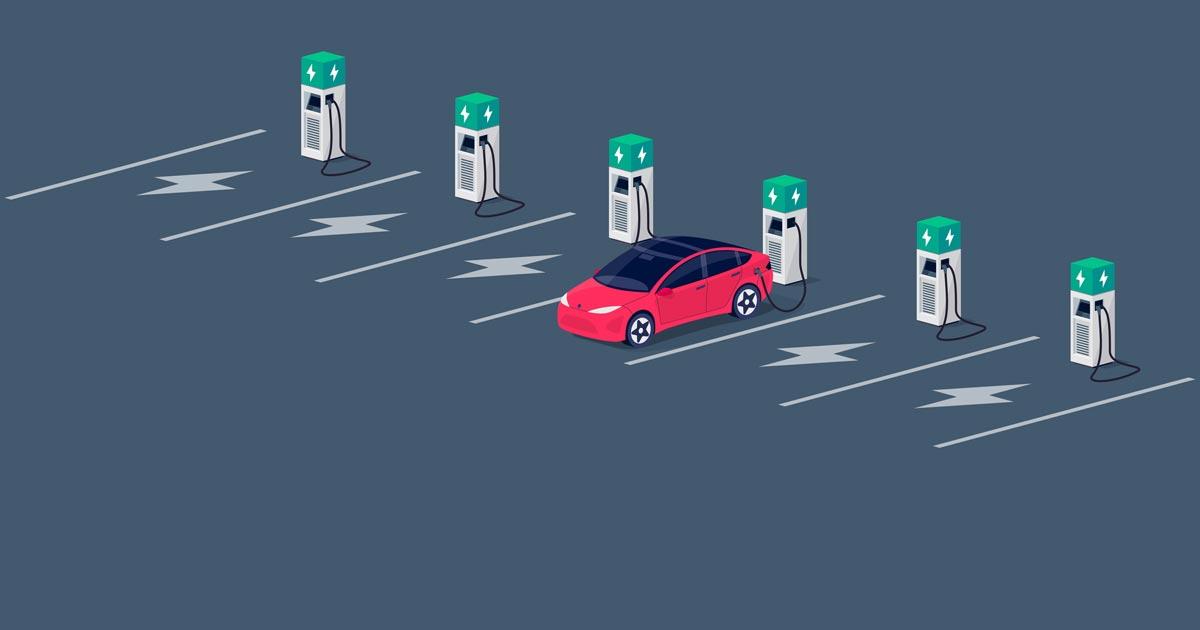
While Americans angrily grit their teeth while filling their gas tanks, the very first United States special presidential envoy for climate said:
This year, we have to implement those promises and what it means is that we have to decarbonize the power sector five times faster than we are right now. We have to deploy renewables five times faster than we are right now. We have to transition to electric vehicles about 20 times faster than we are right now. And we have to fully transition to a resilient Net Zero economy faster.
If reality was beyond his reach before, John Kerry surely lost touch when he married into the Heinz condiment colossus in 1995. He talks as if he were ordering lunch from his harried house staff, “Faster, Jeeves. Can’t you hurry up and decarbonize already?” All of this service to the country has left Kerry clueless as to physics, not to mention economics.
“And to say it is to expose a level of ignorance that is scary,” the green cartoon chicken known as Doomberg told Tony Greer on Real Vision:
Actually, that our politicians would think despite all the evidence before them, that somehow, we can wave a magic wand and accelerate the adoption of electric vehicles by a factor of 20 when we don’t have enough lithium, nickel or cobalt to even support the current growth trajectory. It’s just crazy. Where’s the diesel going to come from to mine all the cobalt and nickel and lithium that we’re going to need?
Global consumption of petroleum and liquid fuels will average just short of a hundred million barrels a day this year, an increase of 2.2 million barrels a day from 2021. Yet, Chevron CEO Mike Wirth stresses, “there hasn’t been a refinery built in this country since the 1970s.” More ominously, he predicts, “I personally don’t believe there will be a new petroleum refinery ever built in this country again.”
A good’s increased price should be a signal to entrepreneurs to produce more of that product. In a free market that would be the case. But, as Mr. Wirth explains, “at every level of the system, the policy of our government is to reduce demand, and so it’s very hard in a business where investments have a payout period of a decade or more.” “And the stated policy of the government for a long time has been to reduce demand for [petroleum] products.”
In his book Omnipotent Government, Ludwig von Mises explained:
The dangerous fact is that while the government is hampered in endeavors to make a commodity cheaper by intervention, it certainly has the power to make it more expensive.
So, Joe Biden jawbones about lowering prices at the pump while gas prices hit new highs (and the summer driving season has yet to arrive).
Doomberg puts a finer point on the lack of refineries:
The last major refinery to be built in the US was in 1977. And by major, I mean more than 100,000 barrels a day. There’s been some small ones put in, and some specialty ones here and there. But by and large, because of environmental pressure, the US has not made a new refinery at scale in 40 years, 45 years, which is pretty incredible.
And, that’s not the worst of it. “But also, what’s happened concurrently is especially on the East Coast and the West Coast, big surprise, many refineries have been shut down because of environmental pressure,” Doomberg said. With these closures, the net effect was something like 17.8 million barrels a day in the 1980’s. And it’s 18 million barrels a day today. “When you consider how much GDP growth that’s exploded over that time period, you can see where the constraints are,” said Doomberg.
According to Doomberg,
The world’s running out of diesel. And if we run out of diesel, that’s a really big deal. The consequence of demand destruction is going to be a severe economic recession slash depression.
As Mises pointed out, one government intervention inevitably leads to another, and Doomberg predicts “the Biden administration [will] push for a ban on diesel exports, which is going to be a lot easier to sell politically.” This will hurt refiners, as diesel prices internationally are much higher for the 650,000 barrels they export a day.
The environmental crowd, now armed with government power, may believe they are doing God’s work, but as Mises pointed out:
The effect of its interference is that people are prevented from using their knowledge and abilities, their labor and their material means of production in the way in which they would earn the highest returns and satisfy their needs as much as possible. Such interference makes people poorer and less satisfied.
When you fill up your tank, that’s how you feel, “poorer and less satisfied.”





